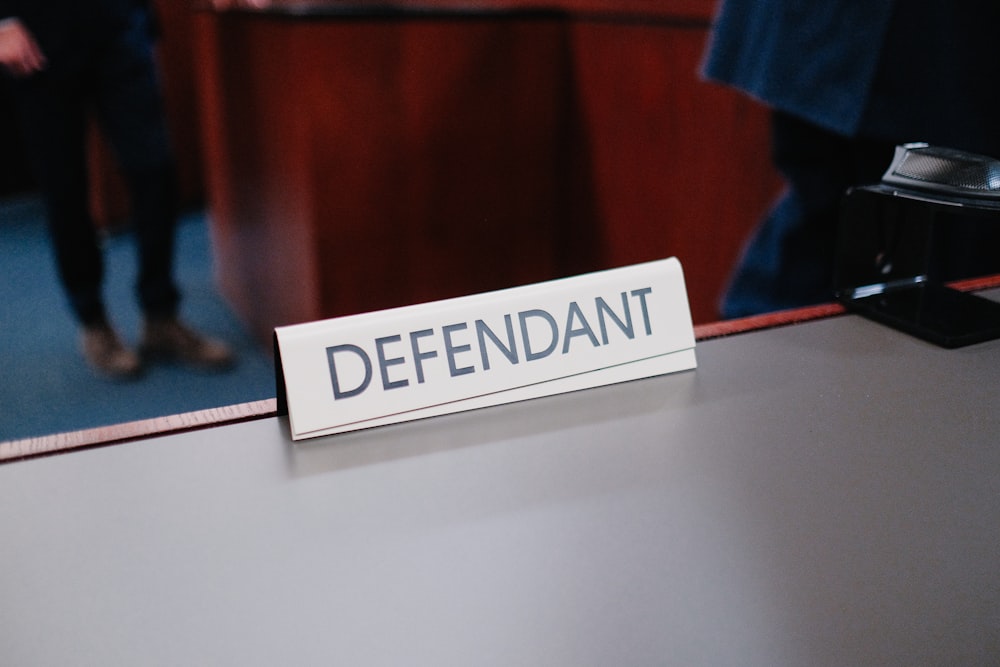Exploring Breach of Contract Laws
Introduction to Breach of Contract
Breach of contract is a fundamental concept in contract law that occurs when one party fails to fulfill its obligations under a legally binding agreement. Understanding breach of contract laws is crucial for both individuals and businesses, as contracts form the basis of most legal transactions and agreements.
Elements of Breach of Contract
Several key elements must be present to establish a breach of contract. These include the existence of a valid contract, a clear violation of the terms of the contract by one party, and damages suffered by the non-breaching party as a result of the breach. Without these elements, it can be challenging to prove a breach of contract.
Types of Breach
Breach of contract can take various forms, each with its own legal implications. The most common types of breach include:
- Material Breach: Occurs when one party fails to perform a significant aspect of the contract, resulting in substantial harm to the other party.
- Minor Breach: Involves a relatively minor violation of the contract that does not significantly impact the overall agreement.
- Anticipatory Breach: Occurs when one party indicates its intention not to fulfill its contractual obligations before the performance is due.
- Actual Breach: Involves the actual failure to perform as required by the contract on the specified date or time.
Legal Remedies for Breach of Contract
When a breach of contract occurs, the non-breaching party may pursue legal remedies to enforce the terms of the contract and recover damages. Common remedies for breach of contract include:
- Damages: Monetary compensation awarded to the non-breaching party to cover losses suffered as a result of the breach.
- Specific Performance: Court-ordered enforcement of the contractual obligations, requiring the breaching party to fulfill its duties as outlined in the contract.
- Rescission: Nullification of the contract, returning both parties to their pre-contractual positions.
- Restitution: Restoring the non-breaching party to the position they were in before entering into the contract, typically by returning any benefits received.
Defenses Against Breach of Contract Claims
In some cases, the breaching party may assert defenses to mitigate or excuse their failure to perform under the contract. Common defenses to breach of contract claims include:
- Impossibility of Performance: Occurs when unforeseen circumstances make it impossible for the party to fulfill its obligations under the contract.
- Breach by the Non-Breaching Party: If the non-breaching party fails to perform its duties under the contract, the breaching party may argue that their own breach was justified.
- Duress or Undue Influence: If one party was coerced or unduly influenced into entering the contract, they may be able to assert this defense against a breach claim.
Conclusion
In conclusion, understanding breach of contract laws is essential for protecting your legal rights and interests in contractual agreements. By familiarizing yourself with the elements of breach, the types of breaches, available remedies, and potential defenses, you can effectively navigate contractual disputes and ensure compliance with your contractual obligations. Read more about breach of contract law






